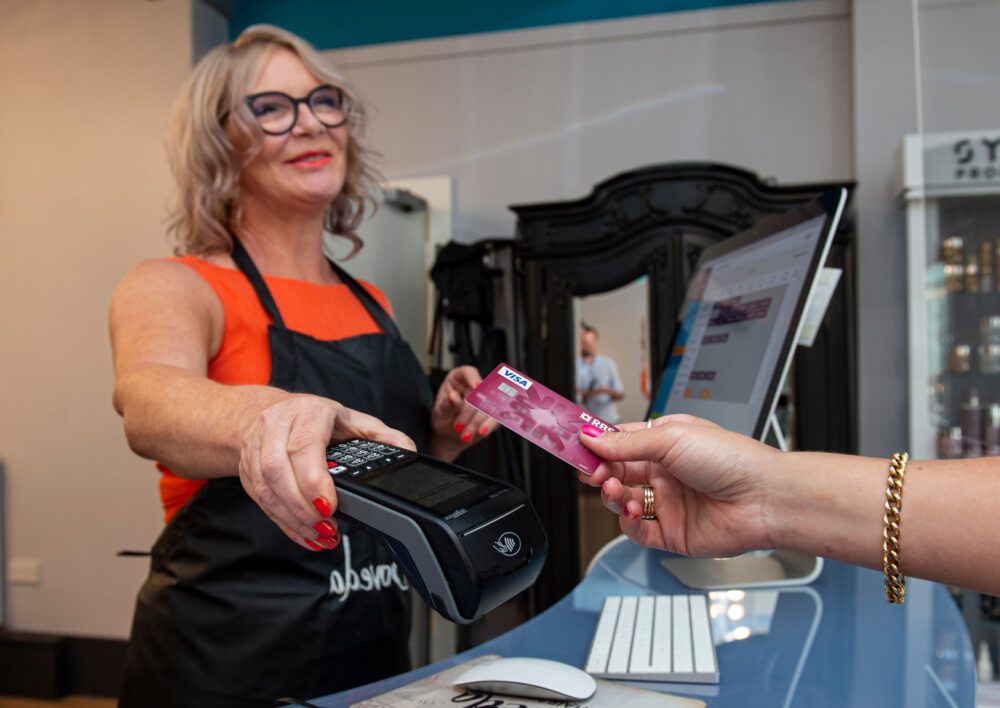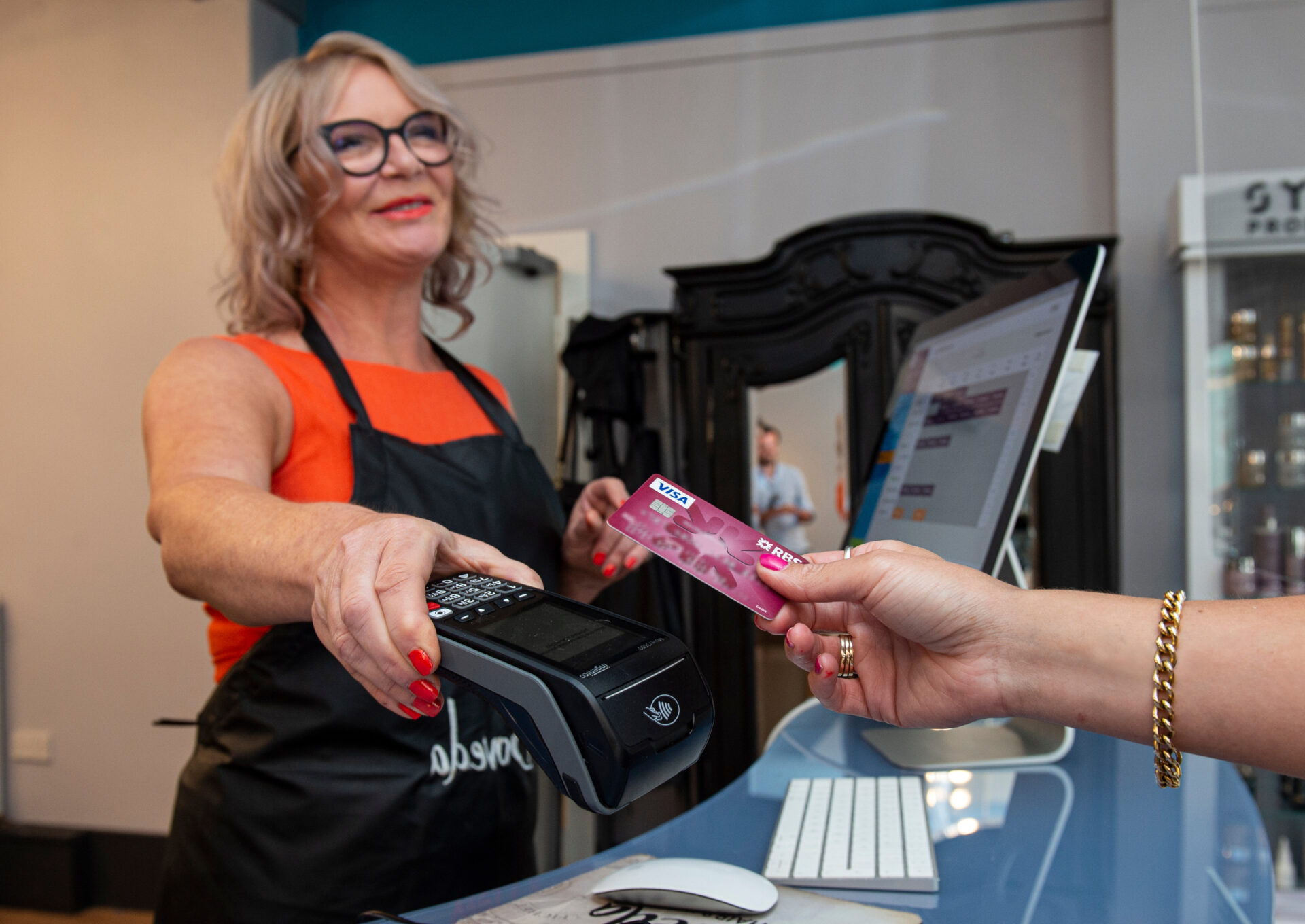UK consumers spent over an estimated £7.2bn supporting local independent business in 2020, new data from Tyl by NatWest reveals.
The survey, which explored consumers’ pandemic purchasing habits and the motivations behind them, found that 84% of consumers actively supported local independent businesses in 2020. The findings appear to show signs that the pandemic has created a more locally conscious consumer base for small businesses to tap into. Nearly half (47%) of those surveyed stated that they think they could do more to support local businesses, with the same amount (47%) planning to increase their spending – one in five of which (22%) plan to increase spending at local independent businesses ‘significantly’.

The nationwide survey of UK adults created a top 10 ranking of locally conscious cities, by the percentage of their income spent on supporting independent businesses:
- Leeds
- Nottingham
- Glasgow
- Sheffield
- London
- Newcastle
- Bristol
- Birmingham
- Manchester
- Belfast.
The top types of local independent businesses Brits spent money in the last year were:
- Grocery store (45%)
- Corner shop (42%)
- Pharmacy (32%)
- Restaurant (30%)
- Butchers (29%)
- Local market (25%)
- Beauty services (e.g. nails, hairdressers, treatments) (23%)
- Gardening (19%)
- DIY store (19%)
- Clothing store (17%)
Examining the motivations behind these intentions to shop local, the survey found that support is not unconditional. Whilst 40% consciously tried to support local – naming supporting the local economy and jobs (35%), reducing environmental impact (21%), better quality and interesting products (15%) and the introduction of easier methods of payment including contactless and QR codes as the reasons they shopped local more (15%) – almost half (45%) reported that the reason for their shift to local spend was due to the pandemic restricting their movement.
In order to help generate insight for small business customers, Tyl asked consumers to share the top things that would help them to spend more often with local independents. The most popular response was for the business to have an online presence to provide convenience and navigate through lockdowns (25%). Loyalty schemes (23%) and the ability to accept card payments (21%) also came in the top three, indicating the opportunities available for small businesses if they can adapt to shifting consumer preferences and continue to connect with customers.
Mike Elliff, CEO, Tyl said: “Small independent businesses, their leaders and their staff right across the UK have shown remarkable resilience over the past year under extraordinarily tough conditions.
“The pandemic has fundamentally shifted consumer preferences, with the importance of developing card payment, cashless and online solutions made abundantly clear. Through this research, we wanted to highlight the rising tide of support they have amongst locally conscious consumers and the opportunities this presents for recovery and growth.
“Now is the time to think about what steps you take as a business to cement the new relationships that have been built with your loyal local customers to make sure their business is retained beyond lockdown and the pandemic.”
Tyl by NatWest is a new, innovative payments service designed in partnership with UK SMEs to make it easier for small business customers across the country to receive payments in-store, online and over the phone and manage cash flow during COVID-19 and beyond.
Tyl provides next-day settlement for businesses, ensuring money is in their bank account the next business day, which has been a crucial factor in assisting businesses with cash flow during the coronavirus pandemic.
As part of its commitment to help businesses and communities thrive, Tyl has partnered with Pennies, the UK’s leading charity working to protect and grow micro-donations. Tyl donates a proportion of revenue to charities, meaning that businesses who use Tyl give back with every transaction.

















